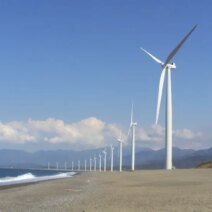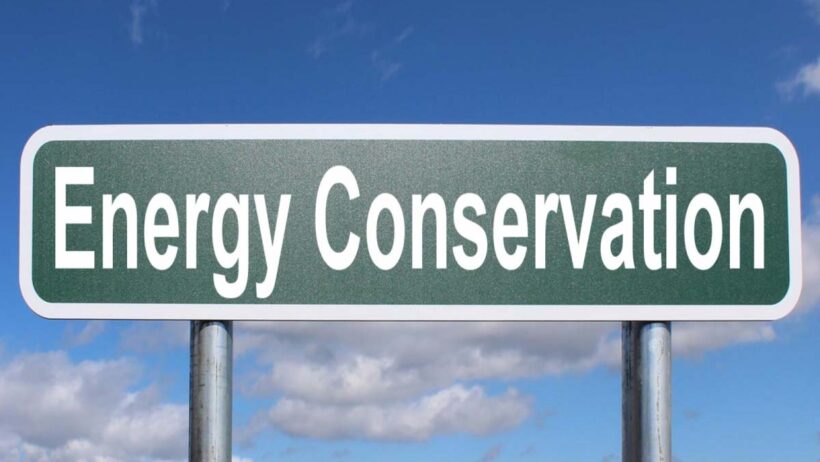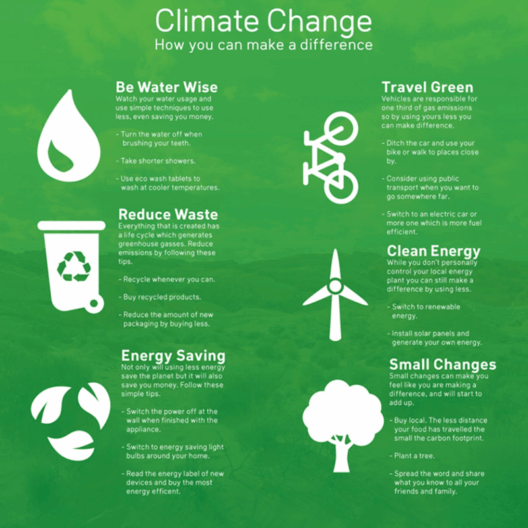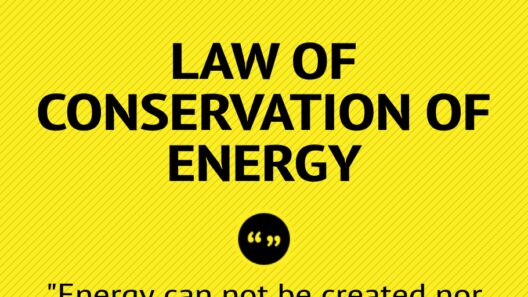What is conserving energy? It’s a term we’ve all heard, but how deeply have we engaged with its implications? Energy conservation involves reducing energy consumption through using less energy service or adopting efficiency measures. But why should anyone care? What if, in conserving energy, we not only reduce bills but also contribute to a healthier planet? The challenge is this: can you embrace energy conservation in your everyday life? Let’s explore this pivotal concept and its myriad benefits.
People often assume that energy conservation is a cumbersome endeavor, reserved for large corporations or government initiatives. However, it begins at home, in our daily routines. Every small change counts. We might wonder, how can we, as individuals, alter our consumption habits? Energy conservation is not merely a trend; it embodies a collective responsibility that impacts our environment, society, and personal finances.
Beyond saving money, energy conservation aids in mitigating detrimental environmental impacts—an increasingly pressing concern given our current climate crisis. Employing energy efficiency technologies, like LED lighting and ENERGY STAR appliances, reduces the demand for fossil fuels, which are the primary culprits of greenhouse gas emissions. Even simple actions, such as switching off lights or unplugging devices, contribute to a larger strategy of sustainable living. By making conscientious choices, we can initiate a ripple effect that inspires others to follow suit.
The Benefits of Energy Conservation: An Overview
Why dedicate time and resources to conserving energy? The benefits are far-reaching, impacting our wallets, environment, and often our mental well-being. You might be surprised to learn that energy conservation strategies often lead to enhanced comfort levels in our homes. With better insulation and efficient systems, the environment indoors becomes more pleasant. Additionally, leveraging local energy sources supports local economies and creates jobs in renewable energy sectors.
Beyond the financial savings and comfort, conserving energy fosters a sense of empowerment. It cultivates a mindset of mindfulness about resource use, prompting an emotional connection to the very world around us. One might ponder, does reducing energy consumption make a person more aware of their habits? Indeed, it does. The act of conserving energy can promote sustainable living practices across different dimensions of life.
Making Your Home More Energy Efficient
Adopting energy-saving measures begins at home. Homeowners can implement a variety of strategies to enhance energy efficiency. Start by evaluating your current consumption patterns. Understanding your energy bill can shed light on areas that need improvement. Perhaps you’ll find that your heating system is working overtime due to poor insulation. Addressing this could involve simple solutions like adding weather stripping to doors and sealing gaps in windows, which can significantly reduce heating costs.
Moreover, consider swapping incandescent bulbs for LED light bulbs. Though they may have a higher upfront cost, they consume significantly less energy and last much longer, ultimately saving you money. For those who are technically inclined, smart home technologies allow for fine-tuning your energy use. Smart thermostats can optimize heating and cooling schedules, ensuring energy isn’t wasted when you’re not home.
Rethinking Our Transportation Choices
Energy conservation impacts not only our homes but also how we navigate our communities. The transportation sector is a massive contributor to energy consumption. Adopting alternative transport methods—such as biking, walking, carpooling, or using public transit—can substantially mitigate energy expenditure. Imagine if more of us cultivated a practice of utilizing our bicycles for short trips instead of driving! Not only does this decrease energy usage, but it also fosters improved air quality and encourages physical health.
Even vehicle choice plays a role. Combining electric vehicles and hybrids into your transportation options can dramatically lessen your carbon footprint. As more charging stations are installed and advancements in battery technology improve, the appeal of electric vehicles continues to grow. The transition contributes to diversity in energy sources, further diminishing our reliance on fossil fuels.
Community Impact and Global Responsibility
When individuals commit to conserving energy, the effects extend into their communities and beyond. By engaging in local energy conservation campaigns or participating in sustainability workshops, individuals can spread awareness and promote broader participation. This collective effort reinforces social responsibility and a sense of belonging, fostering stronger communal ties.
Furthermore, on a global scale, energy conservation addresses one of the most urgent crises of our time—climate change. By decreasing our energy consumption, we collectively help to alleviate the burden on our planet, safeguarding resources for future generations. It’s an ethical imperative that transcends national borders; the fate of the earth inevitably intertwines our destinies.
Looking Ahead: The Future of Energy Conservation
Energy conservation is not a static endeavor; it’s an evolving paradigm that reacts to technological advancements and societal needs. As we continue to innovate, the tools to conserve energy will likely become even more sophisticated. Imagine homes that are entirely energy self-sufficient, utilizing solar panels, wind turbines, or other renewable technologies. Following the path of energy conservation is not merely beneficial; it is essential for a sustainable future. The ultimate challenge lies in intrinsic motivation: can you take the plunge to genuinely embrace energy-saving measures in your daily life?
As awareness of environmental issues grows, so does the need for more responsible energy consumption. The question is not whether we can do it, but whether we will. So, how far are you willing to go to conserve energy? The journey may seem daunting, but consider the immense rewards that await—both for your bank account and our planet.








